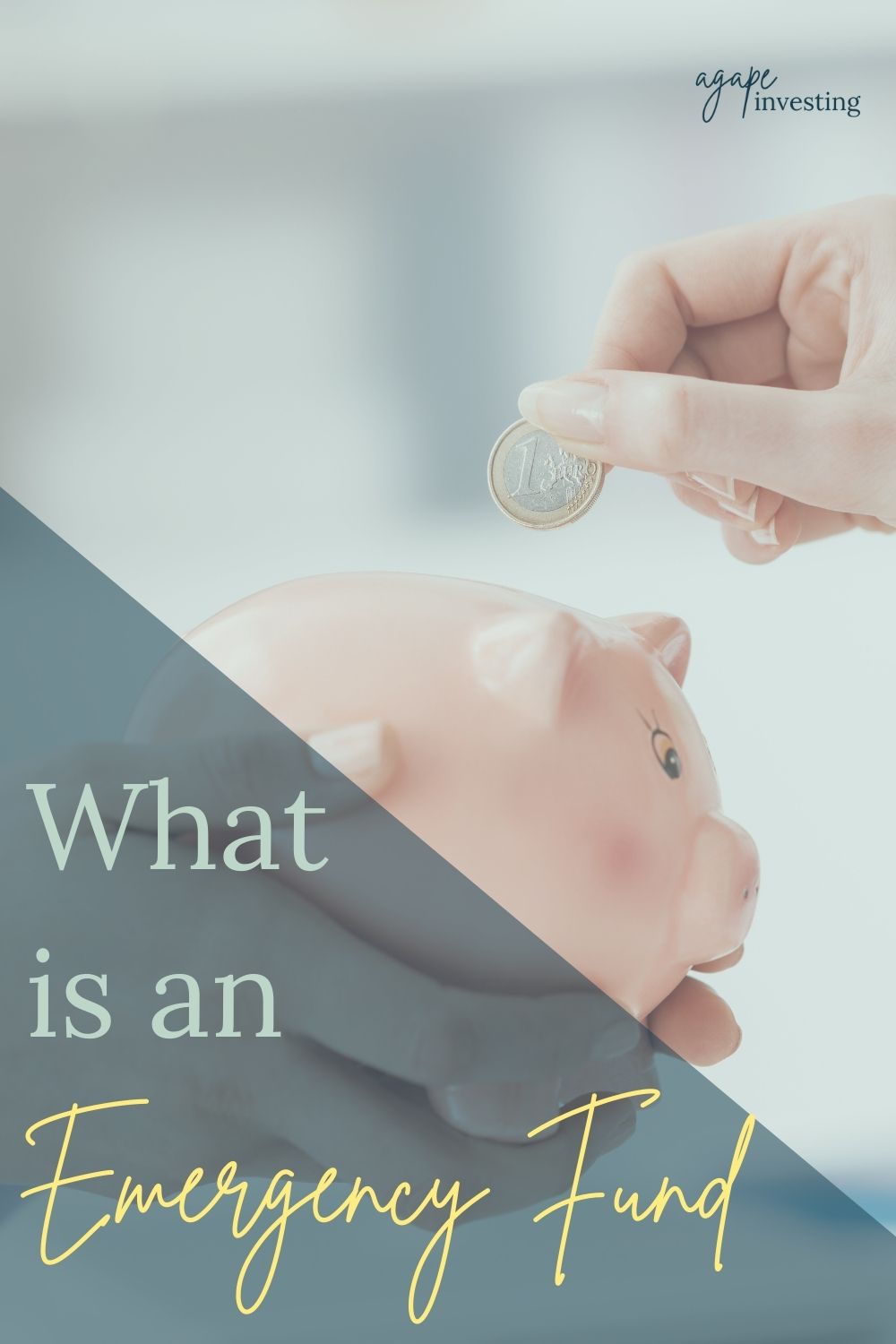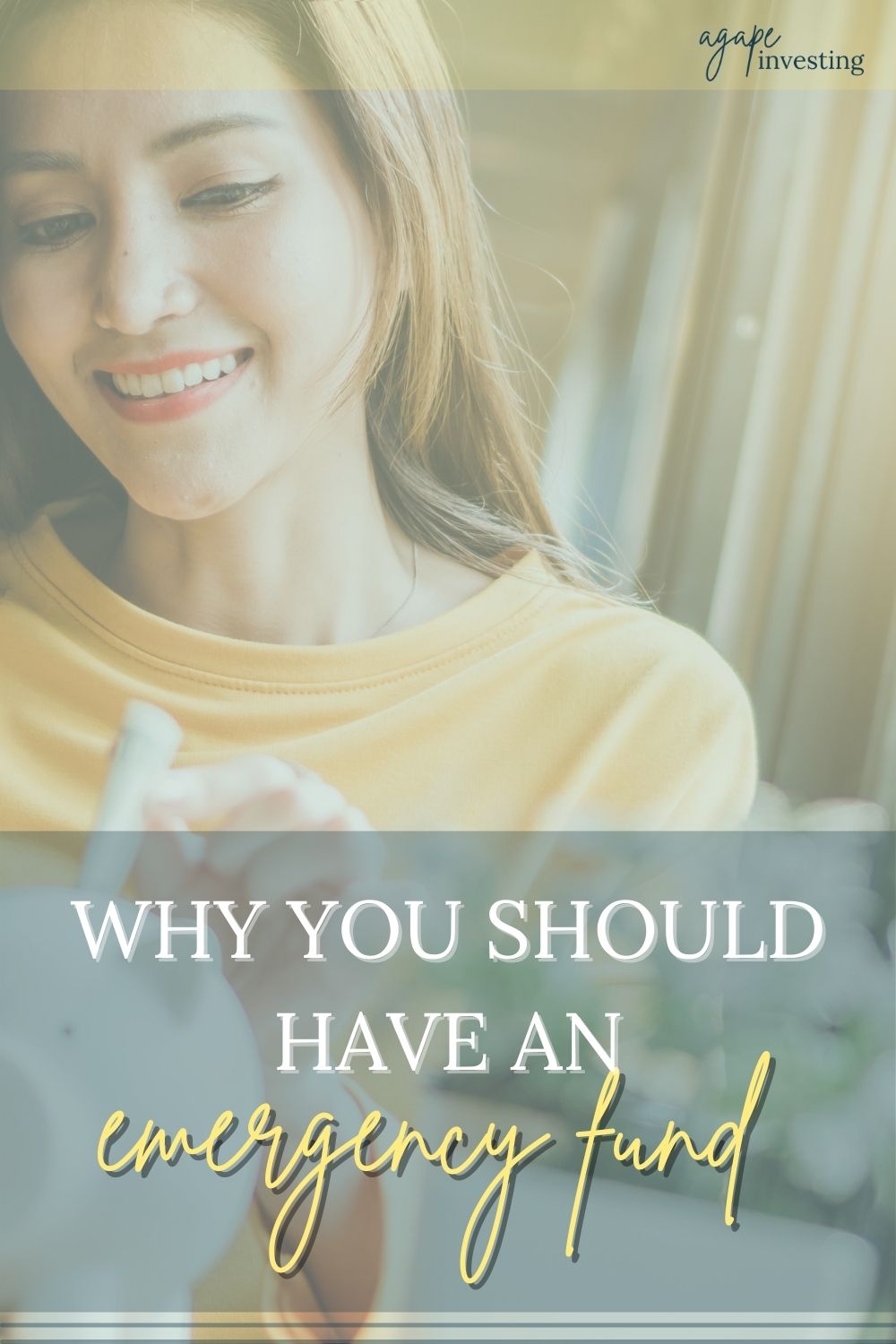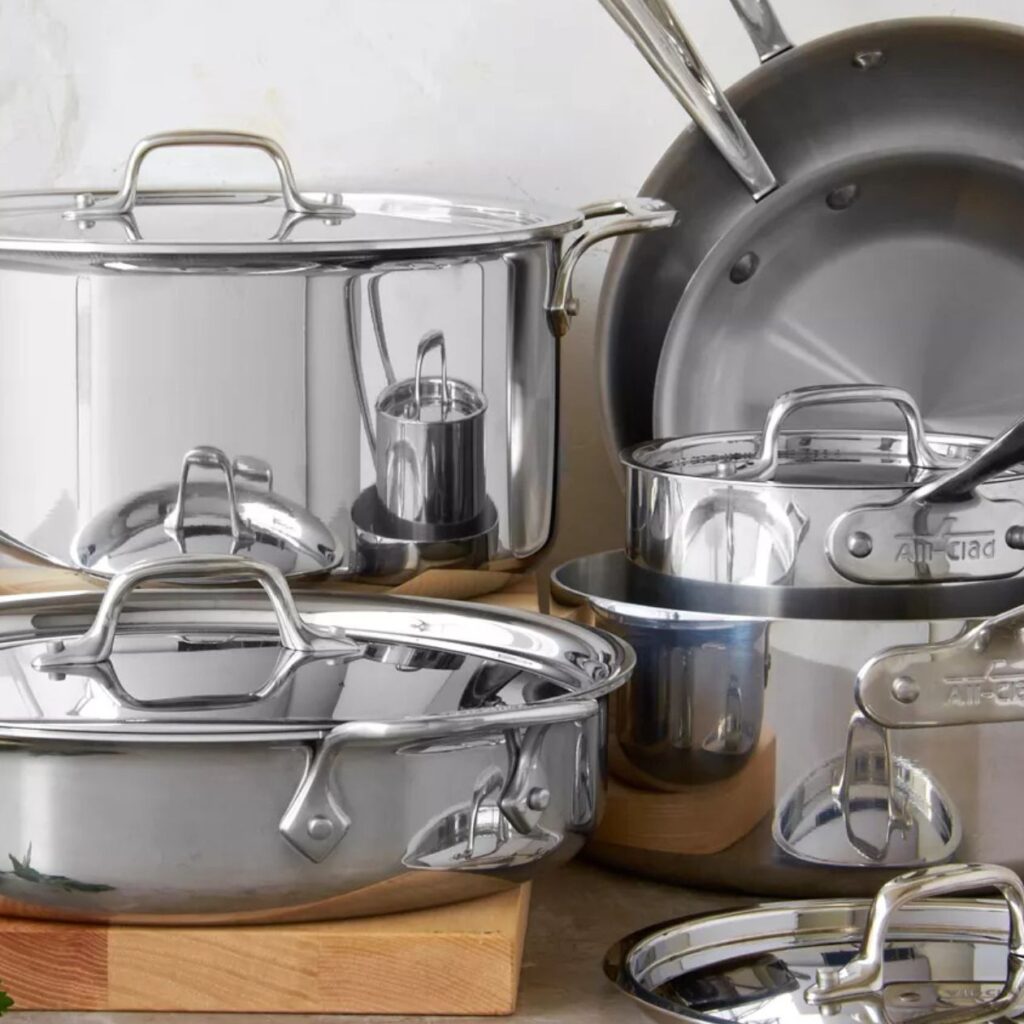Emergency Funds – What It Is and Why You Need One
What is an Emergency Fund?
An emergency fund is pretty self explanatory, it is money set aside to use for emergencies only. The important part of this statement is what the money is for – emergencies only!
It is a set amount of money that you keep aside for major or unexpected life events. So this doesn’t mean you see a big sale on electronics and you dip into your emergency fund to pay for a laptop upgrade.

Why Is It Important To Have An Emergency Fund?
Emergency funds are important to your personal sanity and financial health. They are there to keep you from going into panic mode when a disaster happens.
If you lose your job and you have an emergency fund in place, you won’t need to panic right away because you know that you have the money to cover your living expenses for the time being.
They also help you to stay financially healthy. Meaning that if your car breaks down and you need to repair or replace it, you won’t have to go into major debt to do so.
If you have an emergency before you have an emergency fund you will likely either go into debt through credit cards or by taking out a loan with a high interest rate to cover the cost of your emergency. You might cash out your retirement accounts and end up paying extra taxes and penalties for that. You don’t want to have to declare bankruptcy, potentially foreclose on your home, and destroy your credit score.
My point is, having an emergency fund is important. It is like having your own personal insurance.
What Should You Spend Your Emergency Fund On?
An emergency fund is meant for emergencies only. However, you can determine what qualifies as an emergency for you and your family. Set boundaries now so you don’t feel tempted to spend it on anything else. Define the things you can use your emergency fund on.
Uses for Emergency Funds
- Car breaks down
- Medical bills
- Job loss (cover your monthly expenses)
- Funeral expenses
- Major house repair
Is $1000 Enough For An Emergency Fund?
$1000 is a great starting place for an emergency fund if you do not already have a fund started.
However, an emergency fund should really help to cover your worst-case scenarios. What if you are out of work for several months due to a major illness or injury? Would $1000 cover all of your living expenses and medical bills? Probably not….
Make $1000 your first stepping stone as you work to build up your emergency fund. But the true amount you will need will be determined by using the calculation below.
How Much Should You Save In Your Emergency Fund?
There are different theories when it comes to how much you should save in your emergency fund.
Most financial experts would say somewhere between 3-9 months worth of expenses.
However, the number will depend on you and your family and how much risk is involved in your life.
For example, do you have a higher risk of injuries, job loss, theft, or sickness? Do you eat lots of junk food, never work out, and get very little sleep? Are you into extreme sports? Maybe your job involves a lot of driving where your chances of getting in an accident are higher.
Or you have a pretty “safe” life not prone to injuries, theft, or sickness. Do you live a healthy lifestyle and stay mostly out of the way of possible accidents?
There is nothing wrong with either of these scenarios, the important thing is to factor that into your emergency fund decisions. If you have a more “risk involved” lifestyle, you may want to keep more cash on hand than someone who has a “risk adverse” lifestyle. That way you have all of your bases covered in the event of a real emergency.
Since the experts say a minimum of 3 months – that is probably a good place to start.
How to Calculate an Emergency Fund
I want to make sure one thing is clear. When saving up for an emergency fund we are calculating expenses, not income. So figure out all of your monthly expenses.
Emergency Fund Calculation
- Mortgage/rent
- Utilities
- Insurance
- Phone/Internet
- Car/Gas
- Food
- Household Necessities
- Medications
Add all of these expenses together and multiply it by the total number of months you want to cover. If you have a pet, make sure to add their food expenses in the mix. Similarly, if you have children, add in any necessary expenses they may have.
Pro Tip:
If the emergency you experience is a very serious one, you may want to consider seriously cutting expenses. So ask yourself, what can you absolutely not live without for a few months and what can be cut to help you stretch your emergency fund.
Getting Rid of Expenses You Could Live Without
As you figure out your emergency fund amount, I highly recommend that you write down the monthly expenses you currently have that you could live without if it really came down to it. That way, if/when you need to use your emergency fund, you can make it stretch even further.
Have you ever seen the movie The Aeronauts on Amazon Prime? It is a heart-pounding movie about hot air balloons. Well, there is one point in the movie where they need to throw everything out of their hot air balloon or they will risk plummeting to their death.
Think of your emergency fund like that! If you think that way, you will be able to look at your expenses with open eyes, understanding what is truly necessary and what things you can ultimately live without.
Is it your gym membership? Netflix account? Organic food? Eating out? Could you sell your car or maybe some furniture?
The good news is, that after your emergency ends, you can add back those expenses you cut out. Or maybe you realize that your life didn’t change much after you got rid of them. So why add those expenses back now if it can help save you money??
Related: How to Start the Journey Towards Financial Independence
Your Emergency Fund is NOT an Investment
You should never put your emergency fund somewhere that it can lose value. Your emergency fund is not an investment, it is more like an insurance for when you need it the most.
For example, during the Great Recession, if you had your emergency fund invested in the market, it would have lost a significant amount in value. At the same time, this was when so many people were losing their jobs. This would be the kind of time an emergency fund would be needed.
However, if it lost most of its value, would you still have enough money to cover your living expenses?
That is why you should keep your emergency fund somewhere that cannot lose value.

Where Should You Keep Your Emergency Fund?
Are you someone who is prone to spending money if you have it in your bank account? If so, moving your emergency fund to a separate bank from your personal checking and savings accounts may be a good idea for you.
No matter where you decide to keep your emergency fund, the most important thing is that the money is easily accessible if/when an emergency happens.
So putting your emergency fund into a CD isn’t a great idea because if you need to take the money out early you will incur a penalty. Let’s look at some places to keep your emergency fund where it will stay safe.
3 Places to Keep Your Emergency Fund
- Savings Account
- Savings Accounts are a fine place to keep your emergency fund. They earn a little bit of interest, but overall, the money is kept safe within this type of account.
- High Yield Savings Accounts
- A High Yield Savings Account is a savings account that has a higher interest rate, earning you more money while it sits there.
- Money Market Account
- This is a hybrid account between a checking and a savings account. It has a higher interest rate like the High Yield Savings Account but also allows you to use it like a checking account.
How to Start an Emergency Fund
Okay, so you don’t yet have an emergency fund started – that is okay! The best way to start an emergency fund is to reduce your current spending in order to save that money.
Here are some tips on how you can start your emergency fund – especially if you haven’t started one just yet.
1) Start a budget
Maybe you have never created a budget. Now would be a great time to jump-start your budget in order to track your spending and gain more control over where your money is going.
Grab my budget spreadsheets here.
2) Cut your daily expenses
Think about things you can stop paying for now in order to start saving for that emergency fund. What things can you go without for now in order to build up some emergency insurance for your future? The Dollar Store is a great place to get essentials when you’re trying to save money.
3) Increase your income
Increasing your income may be through your current job, or maybe it is through taking on some side hustles. Download some cash back apps to help you earn money from your purchases or while you are running errands.
Related: How to Earn Money While You Travel
5) Make lifestyle changes
Making some lifestyle changes could help you save some money. Making these lifestyle changes is just living more intentionally.
Here are a few ideas of lifestyle changes:
- Carpool or bike to work
- Reduce your energy usage at home
- Cook at home
- Find free forms of entertainment
- Cut out alcohol
Overall, if you are pursuing financial independence, you will end up adopting some great habits.
6) Set up automatic contributions
If you need help putting the money away into your emergency fund, setting up automatic contributions is a great option. That way you don’t have to think about adding money to the fund and you won’t feel tempted to spend that money.
More Emergency Fund Resources
Here is a more in-depth look at what to include in your emergency fund. And how to budget during a time of emergency because it is important to use your emergency fund wisely. Learn more about how to protect your finances during a national emergency.
You can check out this article for some more information on picking the right savings account for you.
If you are currently going through a time of financial stress right now, this article will give you 6 ways you can help manage that stress.
Having a fully funded emergency fund should be a priority. Learn more about why it is important here.

You May Also Like
6 Ways to Get a Free Education
How to Start a Money Making Blog
Tips to Build a Financially Strong Marriage
How to Challenge Conventional Assumptions About Money



